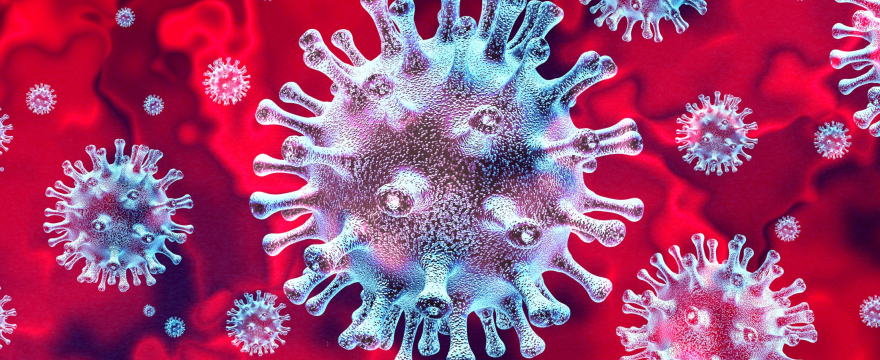The novel coronavirus, or COVID-19, is spreading in countries across the word, including in the East African region.
This piece published by Radio Tamazuj today aims at explaining World Health Organization (WHO) guides on how to limit the spread of the virus, how to adjust to new routines, what to do if you are worried you have the virus, and how to help yourself and others.
Many Sudanese and South Sudanese do not know how contagious the new coronavirus is.
What is a coronavirus?
Coronaviruses are a large family of viruses which may cause illness in animals or humans. In humans, several coronaviruses are known to cause respiratory infections ranging from the common cold to more severe diseases such as Middle East Respiratory Syndrome (MERS) and Severe Acute Respiratory Syndrome (SARS). The most recently discovered coronavirus causes coronavirus disease COVID-19.
What is COVID-19?
COVID-19 is the infectious disease caused by the most recently discovered coronavirus. This new virus and disease were unknown before the outbreak began in Wuhan, China, in December 2019. The World Health Organization (WHO) has declared it a pandemic.
What are the symptoms of COVID-19?
The most common symptoms of COVID-19 are fever, tiredness, and dry cough. Some patients may have aches and pains, nasal congestion, runny nose, sore throat or diarrhea. These symptoms are usually mild and begin gradually. Some people become infected but don’t develop any symptoms and don't feel unwell. Most people (about 80%) recover from the disease without needing special treatment. Around 1 out of every 6 people who gets COVID-19 becomes seriously ill and develops difficulty breathing. Older people, and those with underlying medical problems like high blood pressure, heart problems or diabetes, are more likely to develop serious illness. People with fever, cough and difficulty breathing should seek medical attention.
How does COVID-19 spread?
The disease can spread from person to person, especially if they are in close proximity with one another, meaning within six feet. It is spread through tiny respiratory droplets, such as saliva or mucus, which are sent through the air when an infected person coughs or sneezes. These droplets can enter the mouths and noses of people who are nearby. Older people with underlying health conditions are especially vulnerable.
How can I protect myself and others?
Health officials suggest that you stay home if you are sick. Doctors recommend washing your hands with soap and water for at least 20 seconds, especially after coughing, sneezing, or blowing your nose. Avoid close contact with people who are sick. Try not to touch your face.
The next section is about the risk of catching COVID-19 and worries. Radio Tamazuj will bring you more information about this part tomorrow.




